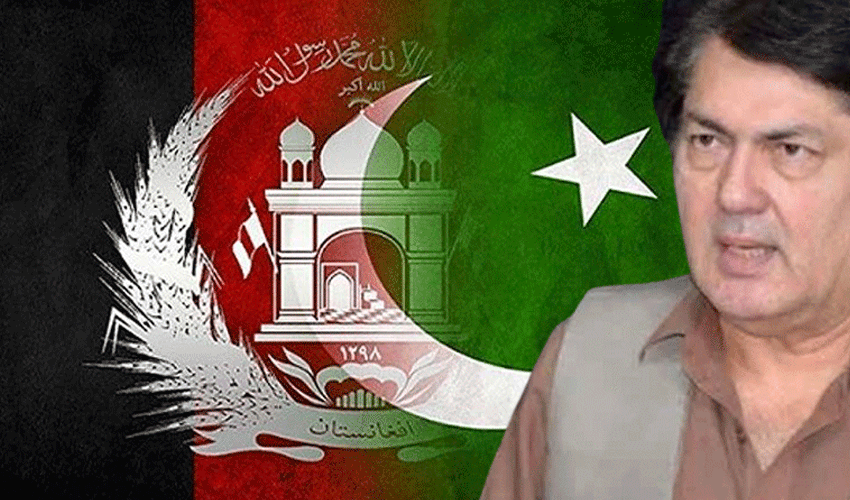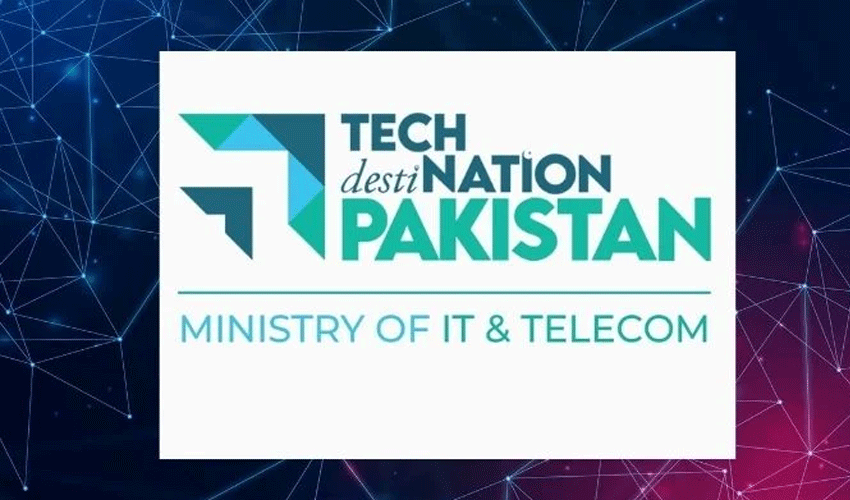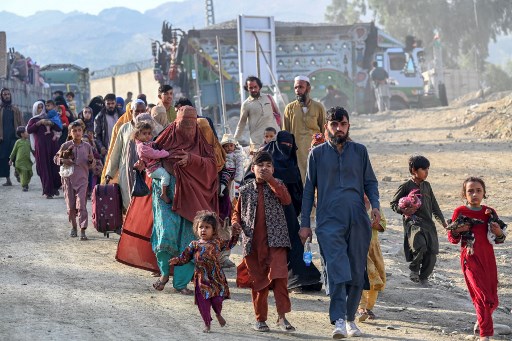Khyber Pakhtunkhwa’s Information Advisor Barrister Dr Saif has termed the ongoing process of talks between Pakistan and Afghanistan as "late but right", stressing that no progress can be achieved unless all relevant stakeholders — especially the KP government — are taken into confidence.
Speaking to the media on Saturday, Dr Saif said it was encouraging that the federal government had finally initiated a dialogue with Afghanistan, following repeated calls from the KP government. However, he criticised Islamabad for not formally involving the provincial leadership, describing it as an “irresponsible” approach.
“KP is the frontline province in the fight against terrorism and has borne the brunt of militancy,” he said. “Ignoring our government in such a crucial dialogue shows a lack of seriousness in addressing the root causes of instability.”
The advisor revealed that the KP government had submitted its Terms of Reference (TORs) to the federal government three months ago to guide the negotiations. These TORs, he said, include input from various quarters, including tribal elders and other local stakeholders.
“Any dialogue process that excludes the voices of those directly affected by conflict is unlikely to be fruitful,” he cautioned. “We have valuable insights and recommendations that could enhance the effectiveness of these talks.”
The federal government recently initiated contact with Kabul in an effort to address cross-border militancy, trade disruptions, and the issue of Afghan nationals residing in Pakistan. This came in the backdrop of heightened security concerns and a surge in militant attacks in KP and Balochistan.
Dr Saif reiterated that engagement with the Afghan government is critical for ensuring lasting peace in the region. “But it must be done right — with unity, consultation, and a shared roadmap.”
He also welcomed the recent visit of Deputy Prime Minister Ishaq Dar to Afghanistan, calling it a positive step, but said the process must now be broadened to include those on the frontlines of the crisis.
The KP government has repeatedly emphasised the importance of localised peace efforts and urged the federal authorities to decentralise the peace-building process.
“There is no alternative to inclusive dialogue. If we want sustainable peace, we must listen to those who have endured the cost of conflict,” Dr Saif concluded.



























